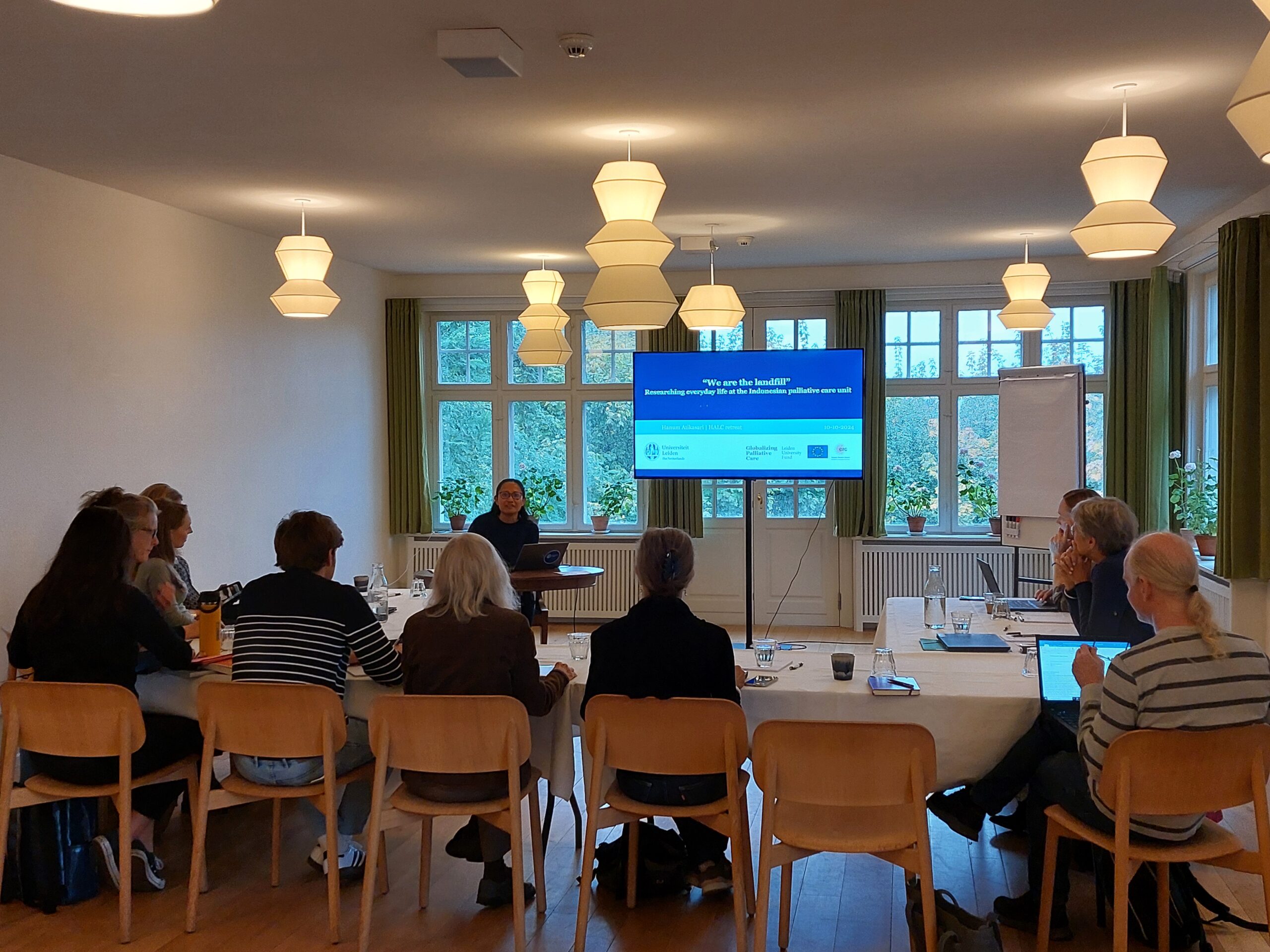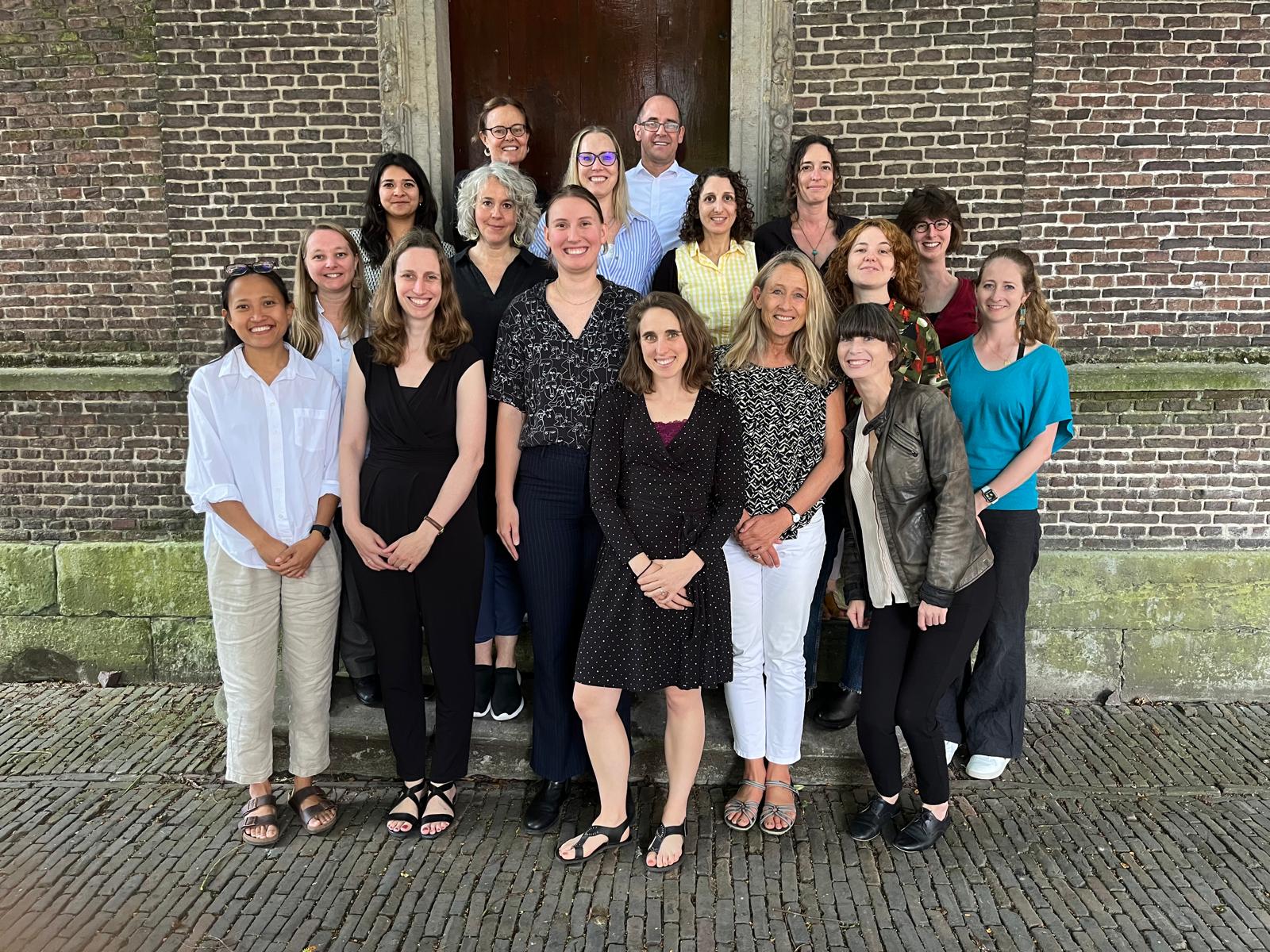
Health and Life Conditions Research Group in Copenhagen
On 9-10 October, Globalizing Palliative Care Team members Hanum Atikasari and Annemarie Samuels presented their work at the Health and Life Conditions Research Group in

Palliative care services are increasingly emerging in diverse cultural settings around the globe. Given the large cultural diversity in end-of-life care practices, we ask: How do global palliative care practices translate to various cultural contexts? How do they impact local notions of death and dying? And how, in turn, do culturally diverse practices of end-of-life care shape the practice of palliative care? This project studies the globalization and cultural mediation of palliative care practices, policies and discourses. Our ethnographic research focuses on three countries that are currently building a system of professional palliative care provisions:



In Indonesia palliative care is most developed in a few large tertiary hospitals, but is currently including a growing number professional initiatives across the archipelago. Ethnographic research will focus mainly on Jakarta and Banda Aceh.
India has multiple promising palliative care programmes and initiatives, amongst others a successful community-based palliative care system in Kerala. Research for this project focuses on end-of-life care in the capital of India: New Delhi.
In Brazil, palliative care units and initiatives are concentrated in urban centers and mostly located in hospitals. The research will both take place in institutions and follow families in the home setting. Fieldwork will be carried out in the metropolitan context of Sao Paulo and smaller towns in southern Brazil.

On 9-10 October, Globalizing Palliative Care Team members Hanum Atikasari and Annemarie Samuels presented their work at the Health and Life Conditions Research Group in

On June 26-28 2024, the ERC Globalizing Palliative Care project hosted an intensive academic workshop and roundtable at Leiden University. We thank all the participants
How do people speak or not speak about dying and end of life care? Current Western biomedicine and palliative care approaches emphasize open information provision